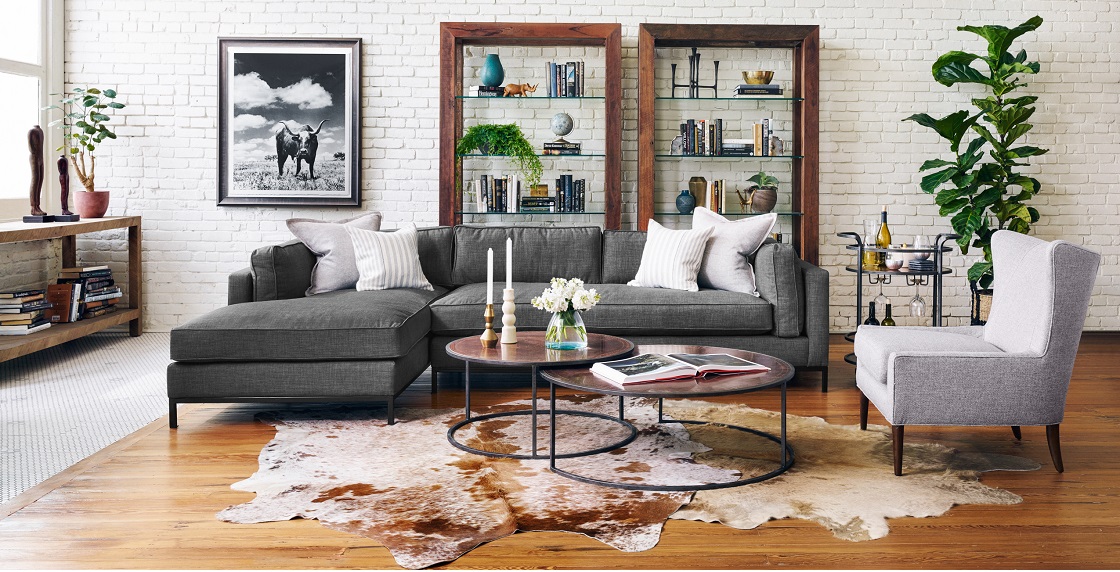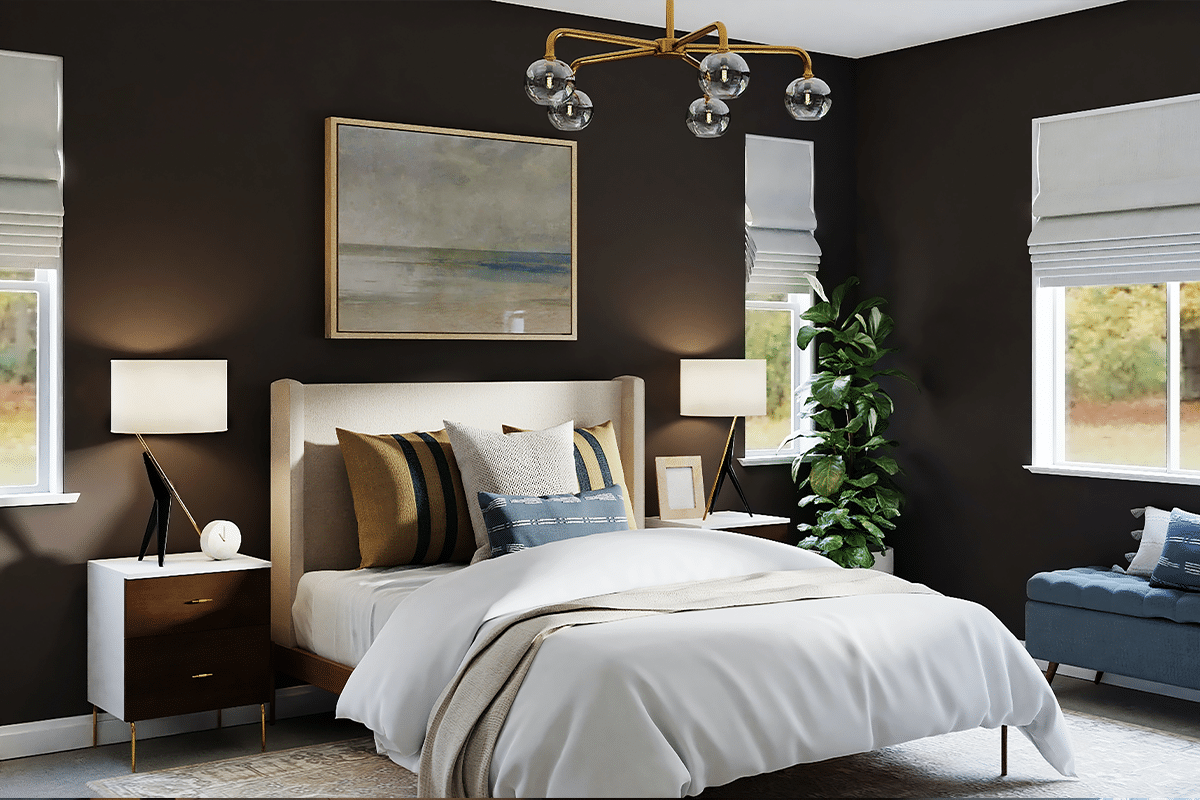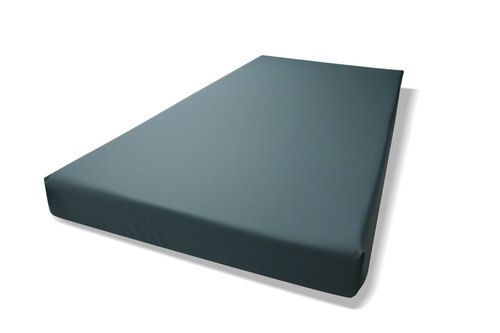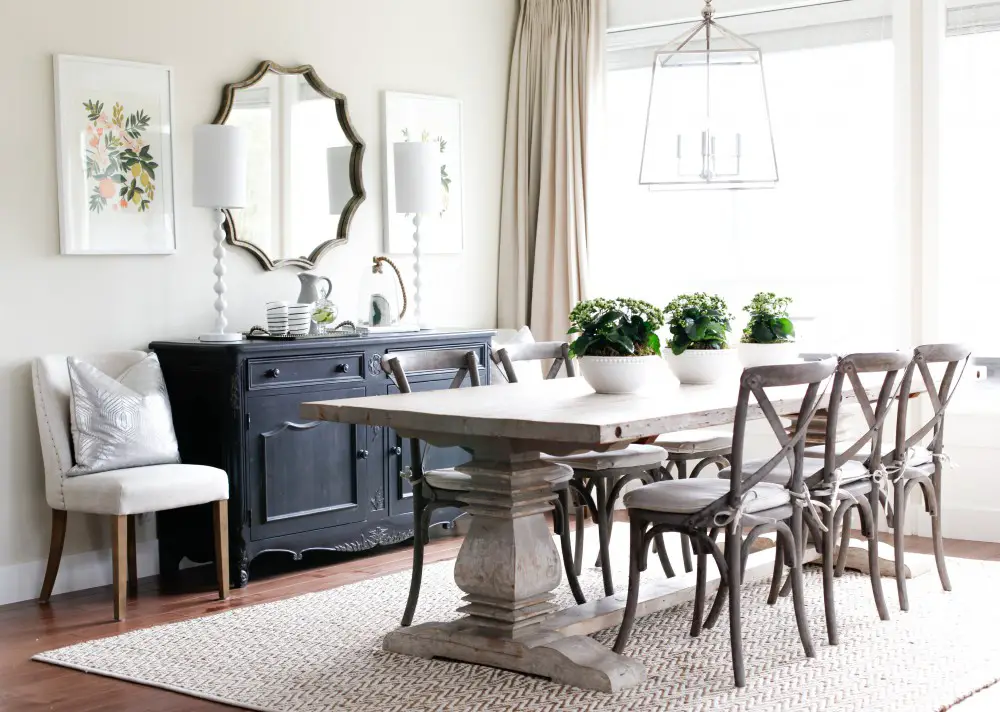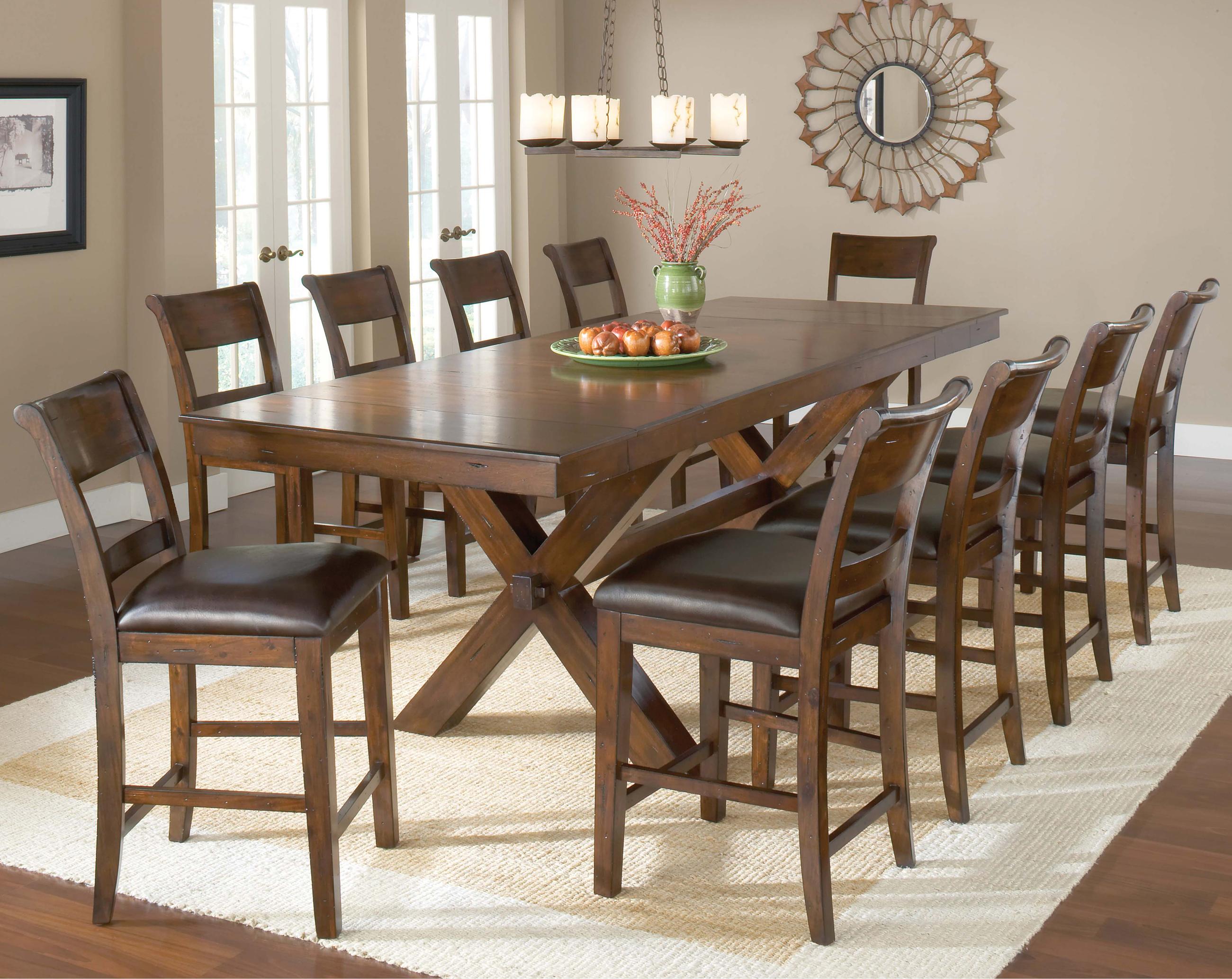Feng Shui Tips for a Harmonious Living Room
In feng shui, the living room is considered the heart of the home. It is where family and friends gather, relax, and spend quality time together. A well-designed living room with good feng shui can bring positive energy, balance, and harmony into your home. Here are 10 feng shui tips to create a harmonious living room that will enhance the overall energy of your home.
How to Arrange Furniture for Good Feng Shui in Your Living Room
The first step in creating good feng shui in your living room is to arrange the furniture in a way that promotes a smooth flow of energy. Start by placing the largest piece of furniture, such as the sofa, against a solid wall. This represents stability and support. Avoid placing furniture in front of doors or windows, as this can block the flow of energy. Use a round coffee table instead of a square one to promote a more harmonious energy flow.
Creating a Balanced and Inviting Living Room with Feng Shui
A balanced living room is essential for good feng shui. This can be achieved by incorporating the five elements of feng shui – wood, fire, earth, metal, and water. You can do this by adding a variety of textures, colors, and shapes to your living room. For example, a wooden coffee table, a metal lamp, a fire element in the form of a candle, and a water feature can create a balanced and inviting space.
Using Colors and Elements in Feng Shui for Your Living Room
Colors play a significant role in feng shui. Each color represents a different element and can affect the energy flow in your living room. For example, the color green represents the wood element, which promotes growth and abundance. Incorporate green into your living room through plants, artwork, or throw pillows. Use red, orange, or pink for the fire element, blue or black for the water element, and earth tones for the earth element.
Feng Shui Plants for a Positive Energy in Your Living Room
Plants are an essential element in feng shui as they bring life and vibrant energy into a space. Choose plants with rounded leaves, such as peace lilies, rubber plants, or money trees, as they represent the wood element and promote growth. You can also use plants with pointed leaves, like cacti or succulents, to represent the fire element and bring in more yang energy. Just make sure to keep your plants healthy and well-maintained to avoid stagnant or negative energy.
Maximizing Natural Light in Your Living Room for Good Feng Shui
Natural light is an excellent source of positive energy, so it is crucial to maximize it in your living room. Keep windows clean and unobstructed to allow natural light to flow into the room. Avoid using heavy, dark curtains that can block the light and create a heavy energy. Instead, opt for sheer curtains or blinds that can filter the light while still allowing it to enter the room.
Decluttering and Organizing Your Living Room According to Feng Shui Principles
Clutter is a major source of stagnant and negative energy in feng shui. To create good energy flow in your living room, it is essential to keep it clean, organized, and clutter-free. Get rid of any items that you no longer need or love, and find a proper storage solution for the ones you want to keep. Avoid overcrowding your living room with too much furniture or decorations, as this can create a chaotic and overwhelming energy.
Enhancing the Flow of Chi in Your Living Room with Feng Shui
Chi, or life force energy, is the key to good feng shui. A living room with good chi will feel inviting, peaceful, and harmonious. To enhance the flow of chi in your living room, consider incorporating feng shui remedies such as crystals, mirrors, or wind chimes. These objects can help to purify the energy and promote a better flow of chi in your living room.
Choosing the Right Art and Decor for a Feng Shui Living Room
Art and decor play a significant role in creating a balanced and harmonious living room. Choose artwork and decorations that reflect your personal style and bring you joy. Avoid displaying any negative or violent images, as they can create negative energy in your living room. You can also use mirrors to reflect light and energy, but make sure they are placed correctly and not facing any doors or windows.
Bringing Balance and Harmony to Your Living Room with Feng Shui
Ultimately, the goal of feng shui is to bring balance and harmony into your living room. This can be achieved by incorporating all the feng shui principles mentioned above, but also by creating a space that feels comfortable and inviting to you. Use your intuition to guide you in creating a living room that promotes positive energy, and you will see the difference it makes in your overall well-being and happiness.
The Importance of Feng Shui in Designing Your Living Room

Creating Harmony and Balance
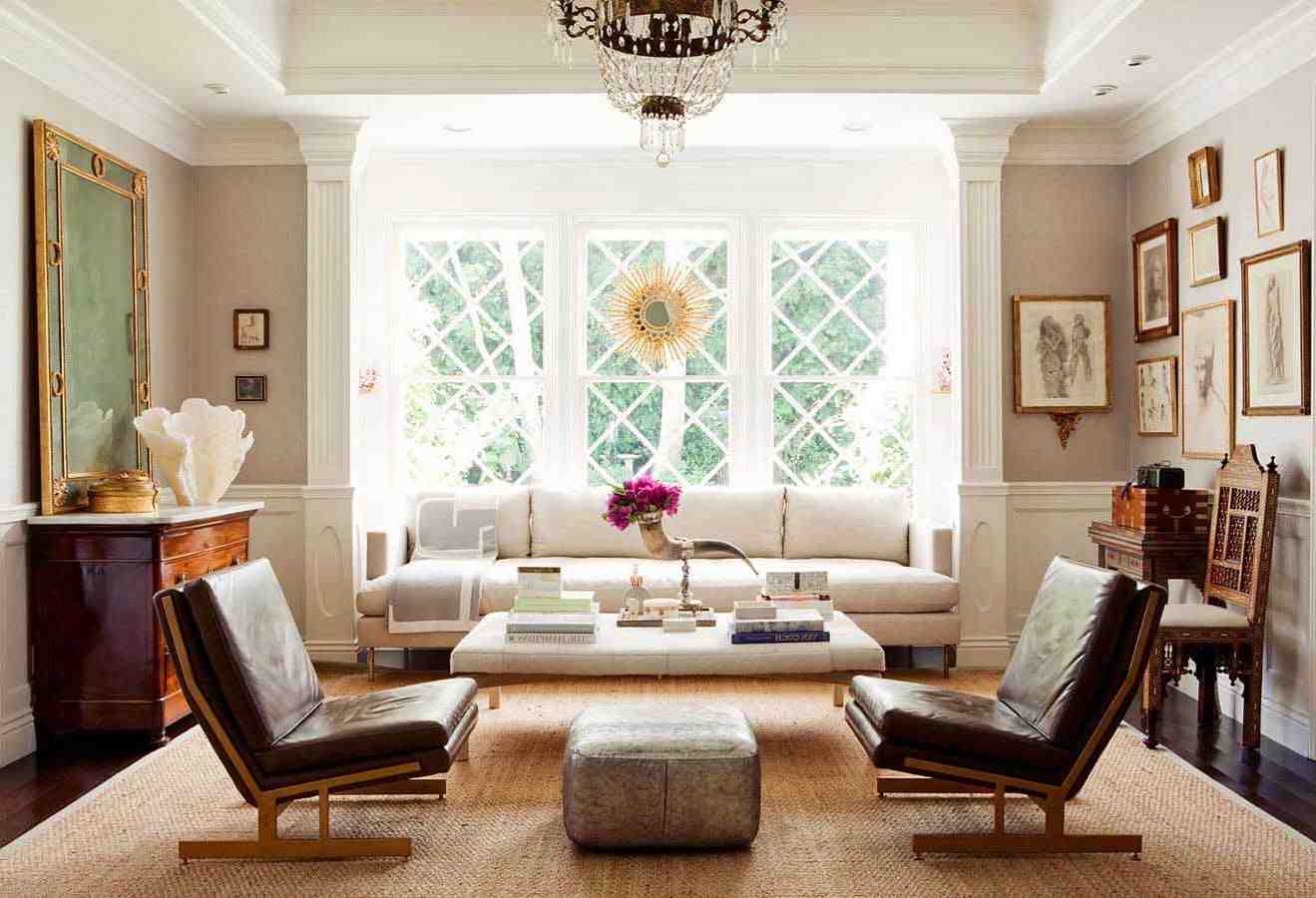 Feng Shui is an ancient Chinese practice that focuses on creating balance and harmony in our living spaces. The living room, being the heart of the home, is a crucial area to apply this principle. In Feng Shui, the living room represents the social aspects of our lives and is believed to reflect our overall well-being. It is where we gather with our loved ones, entertain guests, and relax after a long day. Therefore, it is essential to create a space that promotes positive energy and supports our physical, emotional, and spiritual needs.
Feng Shui is an ancient Chinese practice that focuses on creating balance and harmony in our living spaces. The living room, being the heart of the home, is a crucial area to apply this principle. In Feng Shui, the living room represents the social aspects of our lives and is believed to reflect our overall well-being. It is where we gather with our loved ones, entertain guests, and relax after a long day. Therefore, it is essential to create a space that promotes positive energy and supports our physical, emotional, and spiritual needs.
The Layout and Placement of Furniture
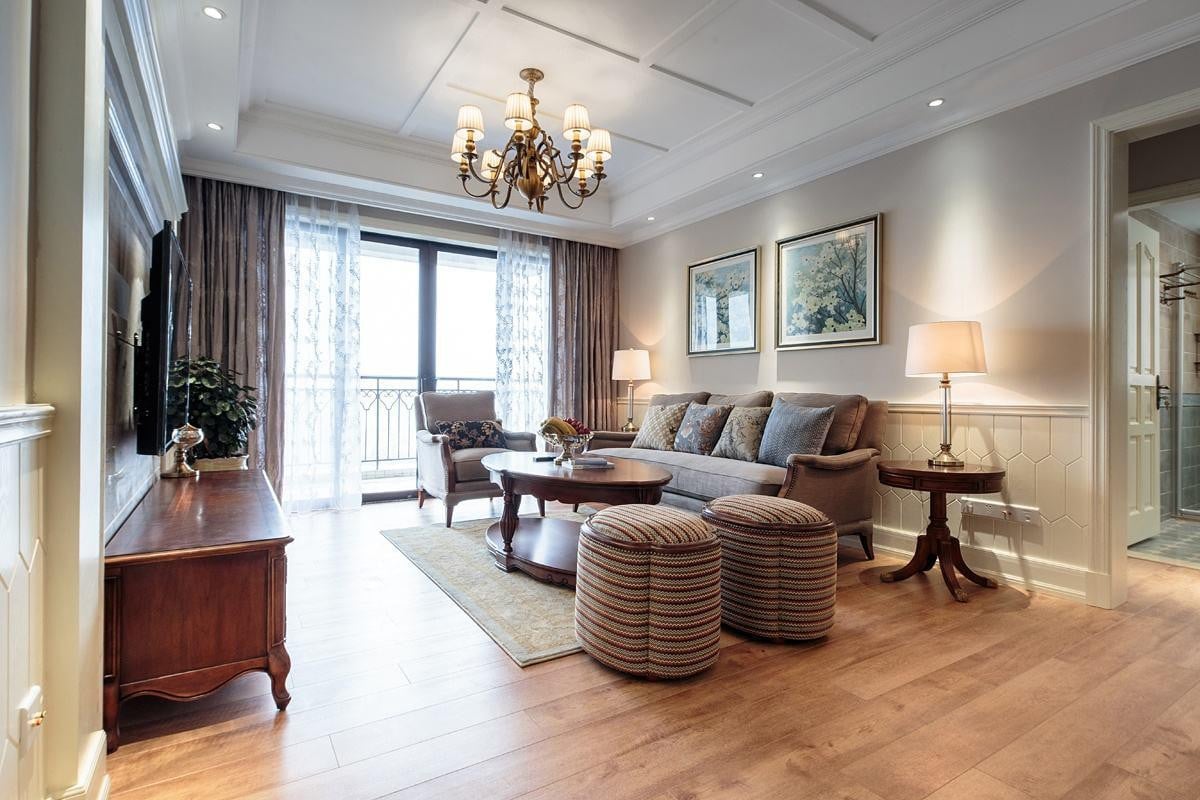 According to Feng Shui, the placement and arrangement of furniture in the living room can greatly impact the flow of energy. The sofa, being the largest piece of furniture, should be placed against a solid wall, allowing for a clear view of the door. This position represents stability and security and allows for a sense of control in the space. Avoid positioning the sofa directly in front of the door, as this can create a feeling of being rushed or overwhelmed. Additionally, avoid clutter and ensure that there is enough space for people to move freely around the furniture.
According to Feng Shui, the placement and arrangement of furniture in the living room can greatly impact the flow of energy. The sofa, being the largest piece of furniture, should be placed against a solid wall, allowing for a clear view of the door. This position represents stability and security and allows for a sense of control in the space. Avoid positioning the sofa directly in front of the door, as this can create a feeling of being rushed or overwhelmed. Additionally, avoid clutter and ensure that there is enough space for people to move freely around the furniture.
The Use of Colors and Elements
 In Feng Shui, colors and elements hold significant meanings and can greatly influence the energy of a room. The living room is best suited for warm and welcoming colors, such as earthy tones, shades of yellow, and soft blues. These colors are believed to promote relaxation, creativity, and positivity. Incorporating elements such as wood, fire, and earth can also bring balance and harmony to the space. For example, adding a wooden coffee table, a fireplace, or a potted plant can introduce the elements of nature and create a sense of grounding.
In Feng Shui, colors and elements hold significant meanings and can greatly influence the energy of a room. The living room is best suited for warm and welcoming colors, such as earthy tones, shades of yellow, and soft blues. These colors are believed to promote relaxation, creativity, and positivity. Incorporating elements such as wood, fire, and earth can also bring balance and harmony to the space. For example, adding a wooden coffee table, a fireplace, or a potted plant can introduce the elements of nature and create a sense of grounding.
Bringing in Natural Light and Air
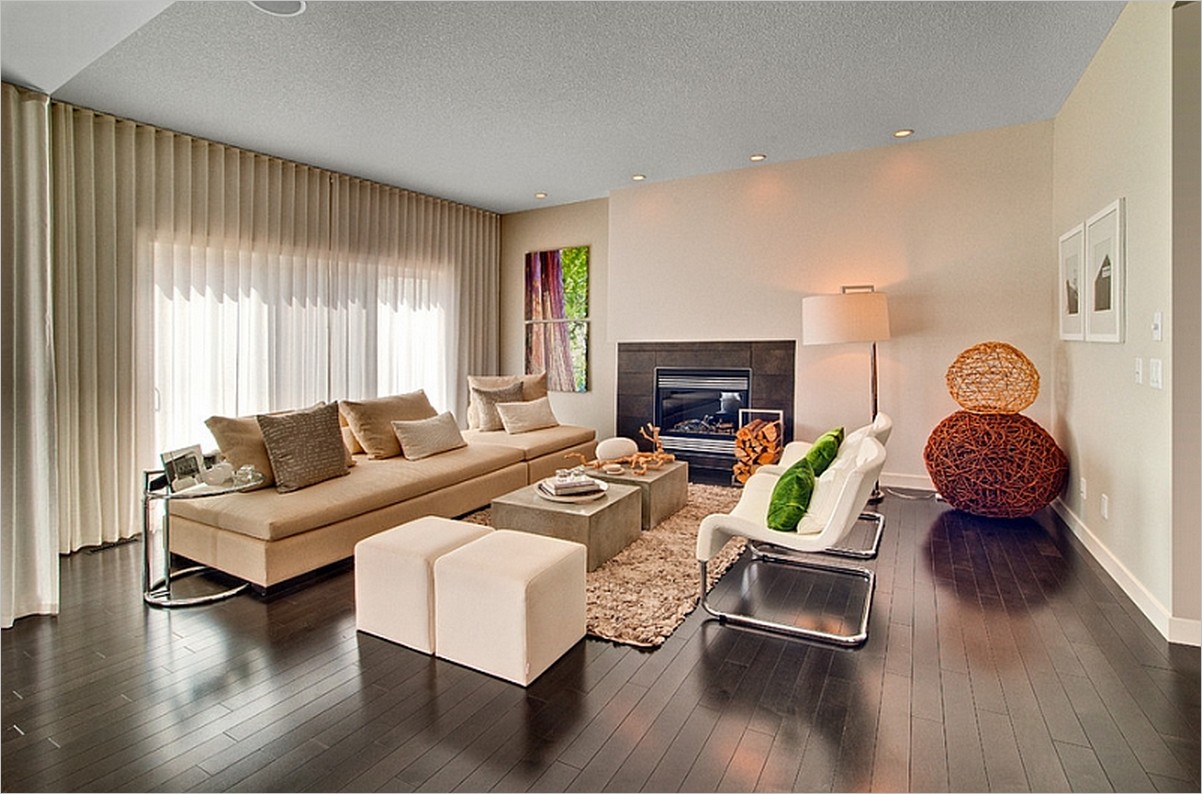 In Feng Shui, natural light and air are considered essential for promoting positive energy flow. It is recommended to have windows in the living room to allow for natural light to enter and circulate. If this is not possible, using mirrors to reflect light can also help create a brighter and more vibrant space. Additionally, it is important to open windows and doors regularly to allow fresh air to enter and circulate, keeping the energy in the room fresh and lively.
In Feng Shui, natural light and air are considered essential for promoting positive energy flow. It is recommended to have windows in the living room to allow for natural light to enter and circulate. If this is not possible, using mirrors to reflect light can also help create a brighter and more vibrant space. Additionally, it is important to open windows and doors regularly to allow fresh air to enter and circulate, keeping the energy in the room fresh and lively.
The Power of Décor and Personal Touches
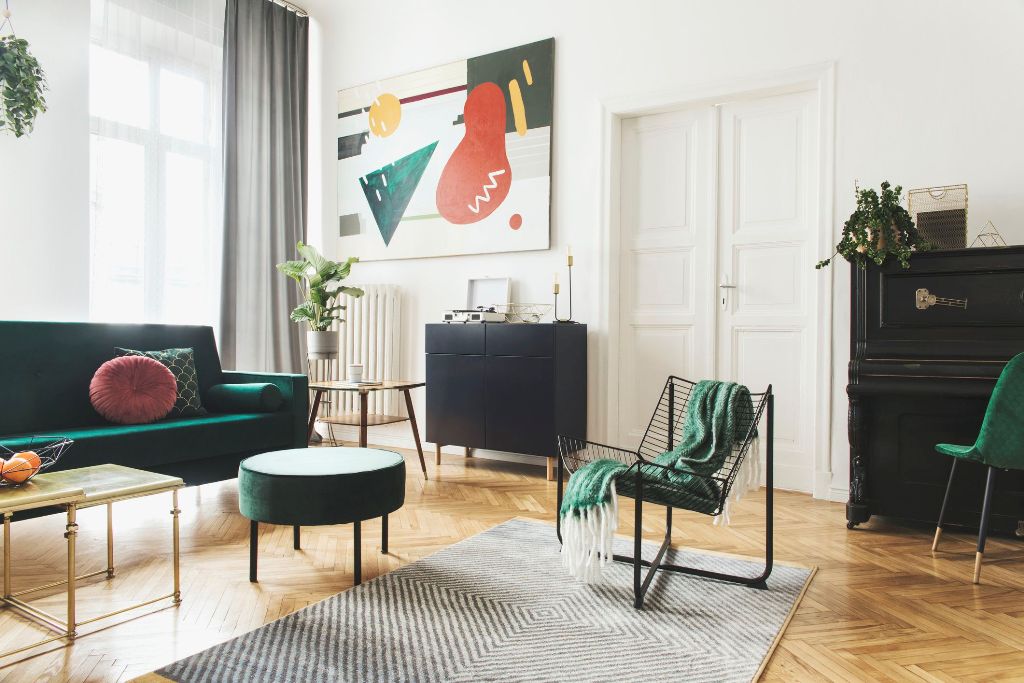 Incorporating personal touches and meaningful décor items can also enhance the Feng Shui of a living room. Displaying family photos, artwork, or sentimental objects can bring a sense of warmth and connection to the space. However, it is important to avoid clutter and excessive decorations, as this can disrupt the flow of energy. Choose décor items mindfully and display them in a way that brings joy and positivity to the room.
Overall, the practice of Feng Shui in designing a living room can greatly impact the energy and atmosphere of the space. By incorporating these principles and creating a harmonious and balanced environment, you can create a space that not only looks beautiful but also promotes well-being and positivity for you and your loved ones. So, why not give it a try and see the positive effects it can have on your home and life.
Incorporating personal touches and meaningful décor items can also enhance the Feng Shui of a living room. Displaying family photos, artwork, or sentimental objects can bring a sense of warmth and connection to the space. However, it is important to avoid clutter and excessive decorations, as this can disrupt the flow of energy. Choose décor items mindfully and display them in a way that brings joy and positivity to the room.
Overall, the practice of Feng Shui in designing a living room can greatly impact the energy and atmosphere of the space. By incorporating these principles and creating a harmonious and balanced environment, you can create a space that not only looks beautiful but also promotes well-being and positivity for you and your loved ones. So, why not give it a try and see the positive effects it can have on your home and life.




:max_bytes(150000):strip_icc()/GettyImages-642242204-9bc00f4474f040908f0286b3f2764f95.jpg)
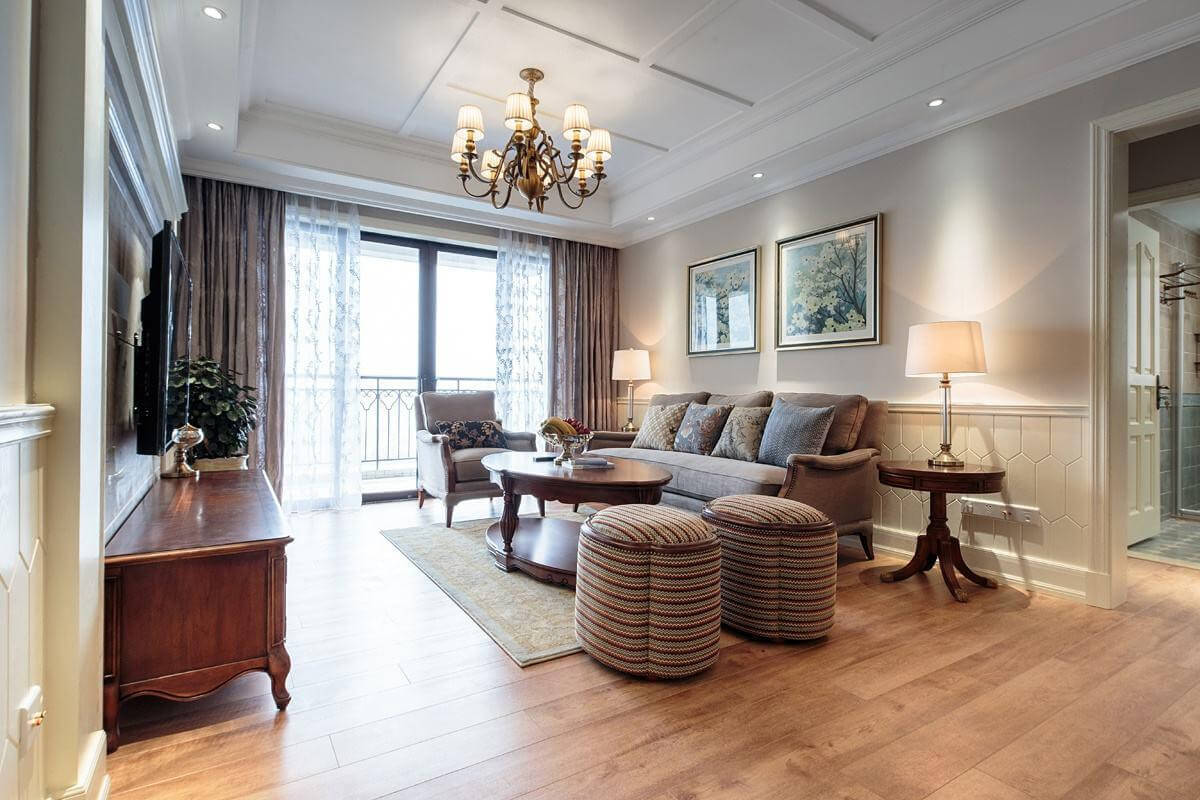

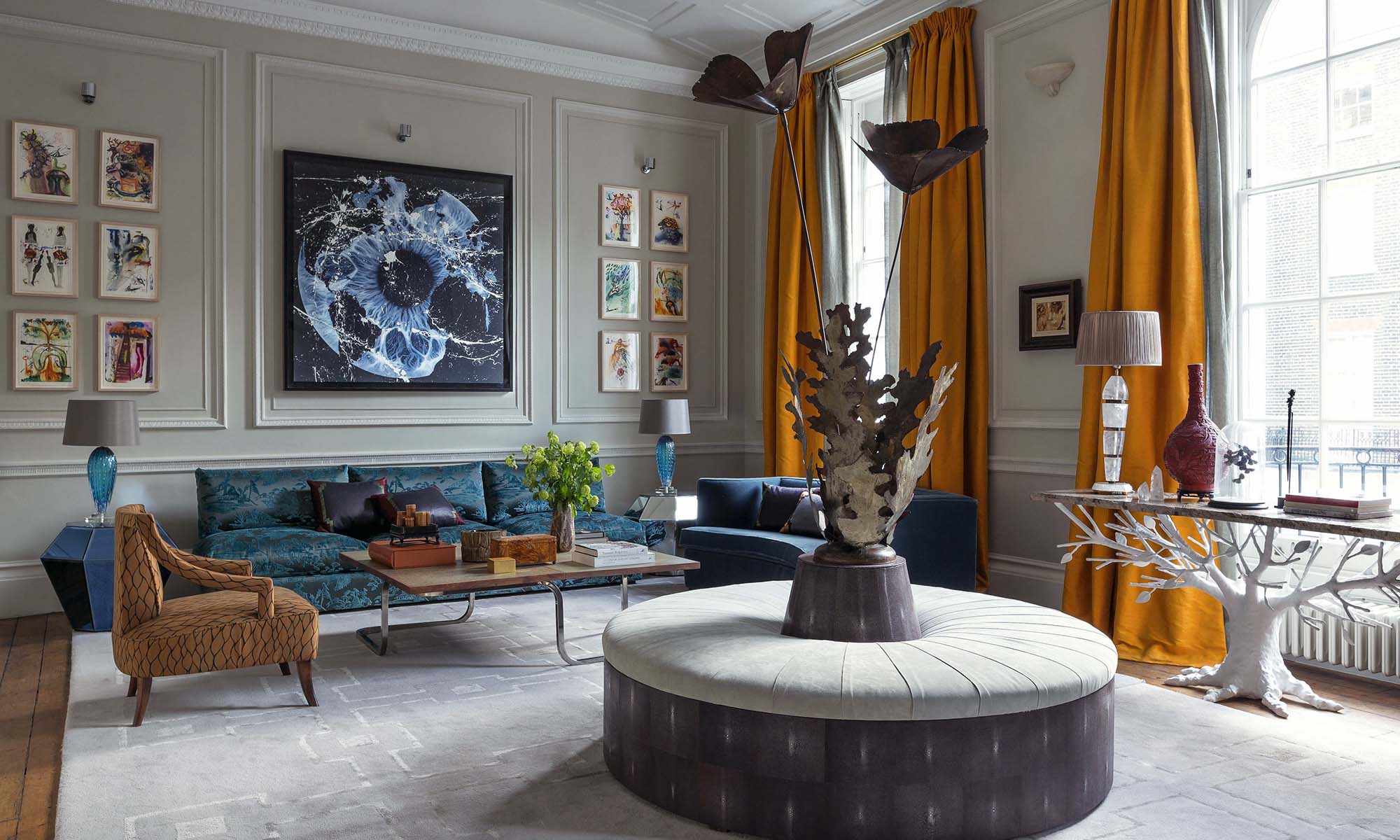

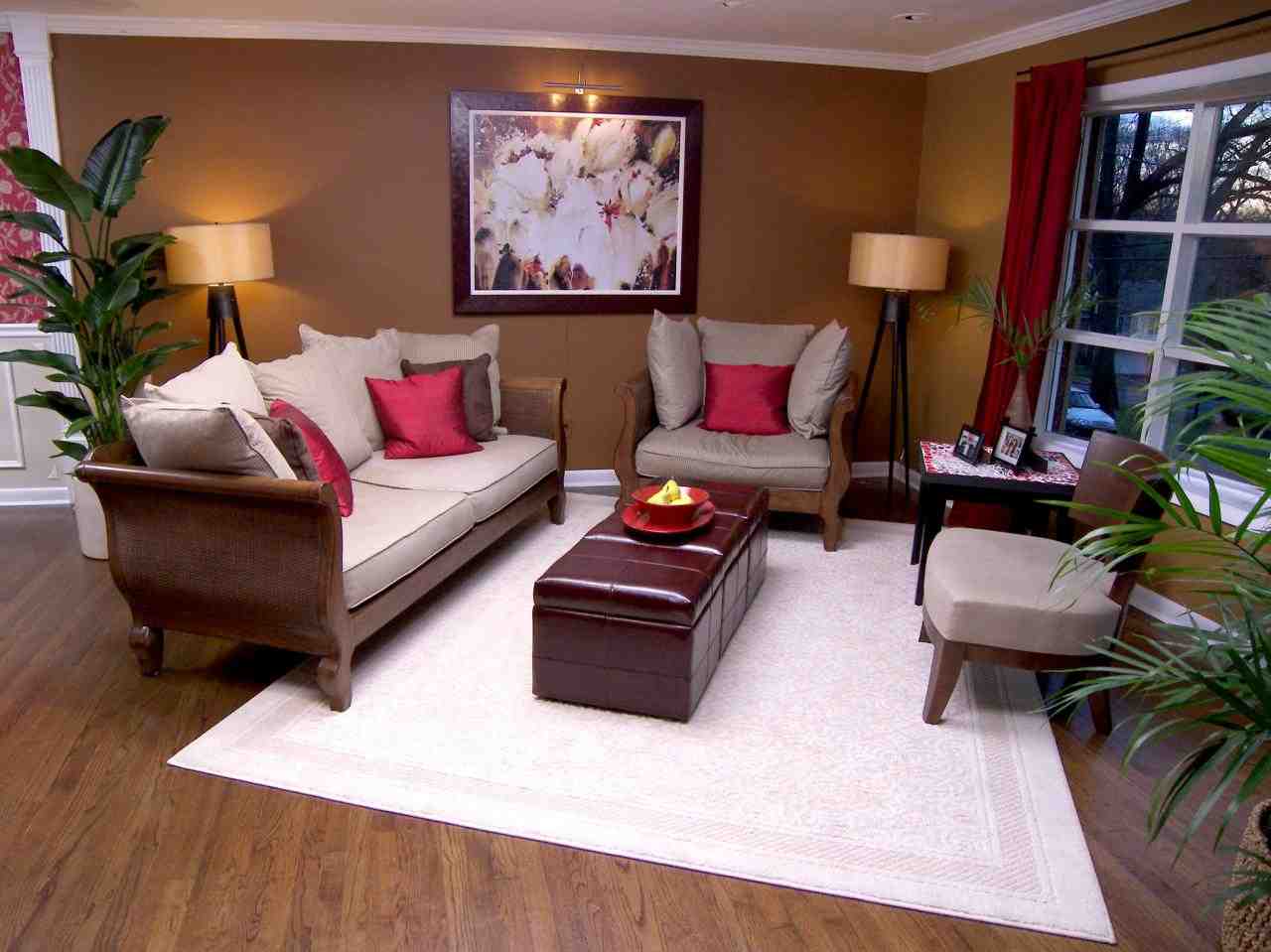
/GettyImages-1093510322-bdcf13ae33e74480934cf9b0e6658e3a.jpg)




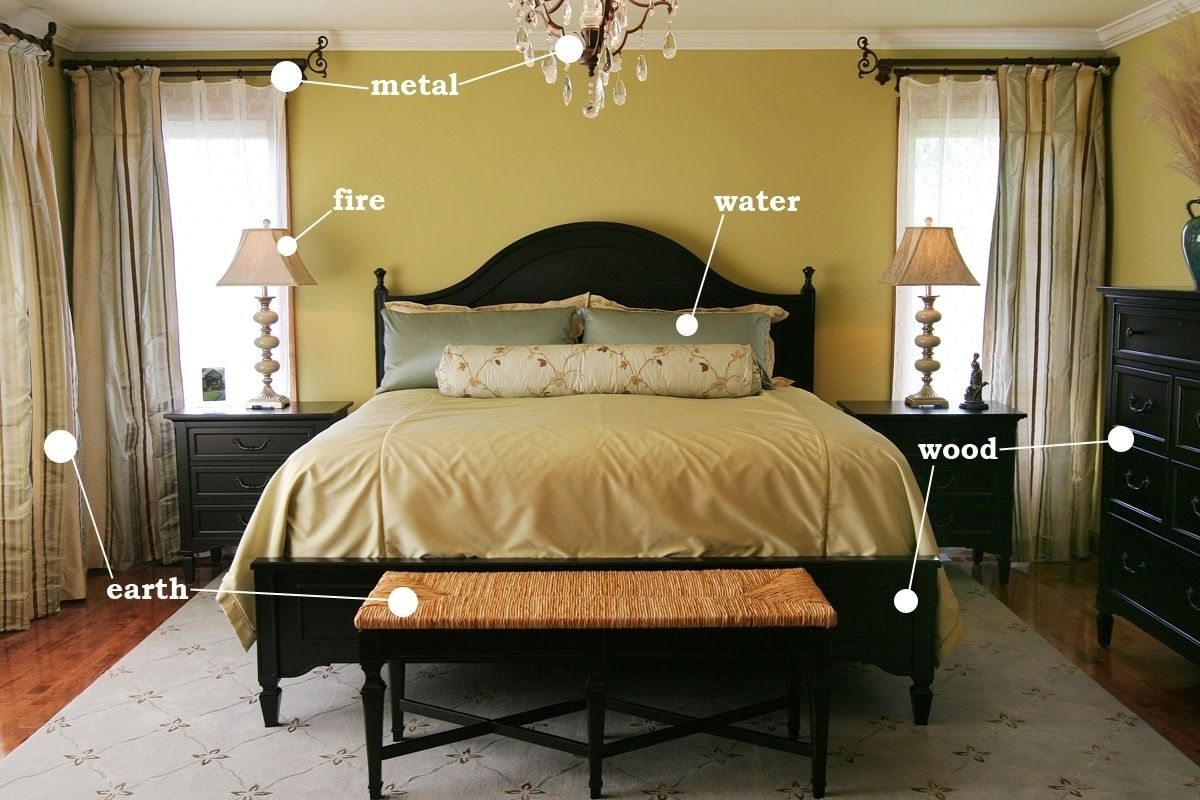
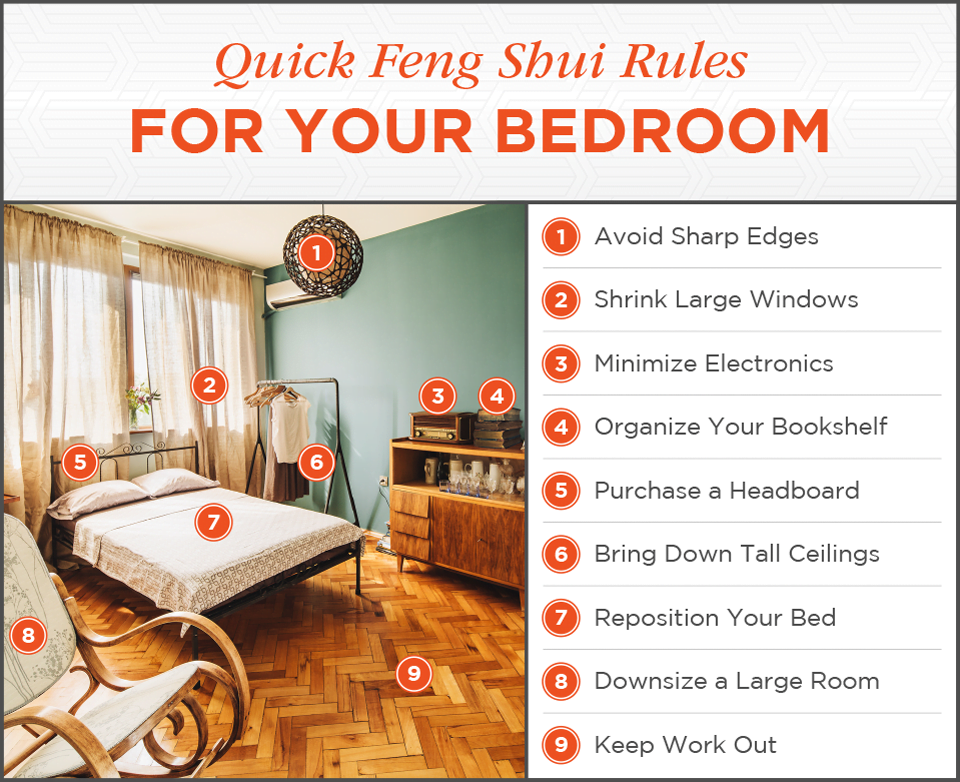
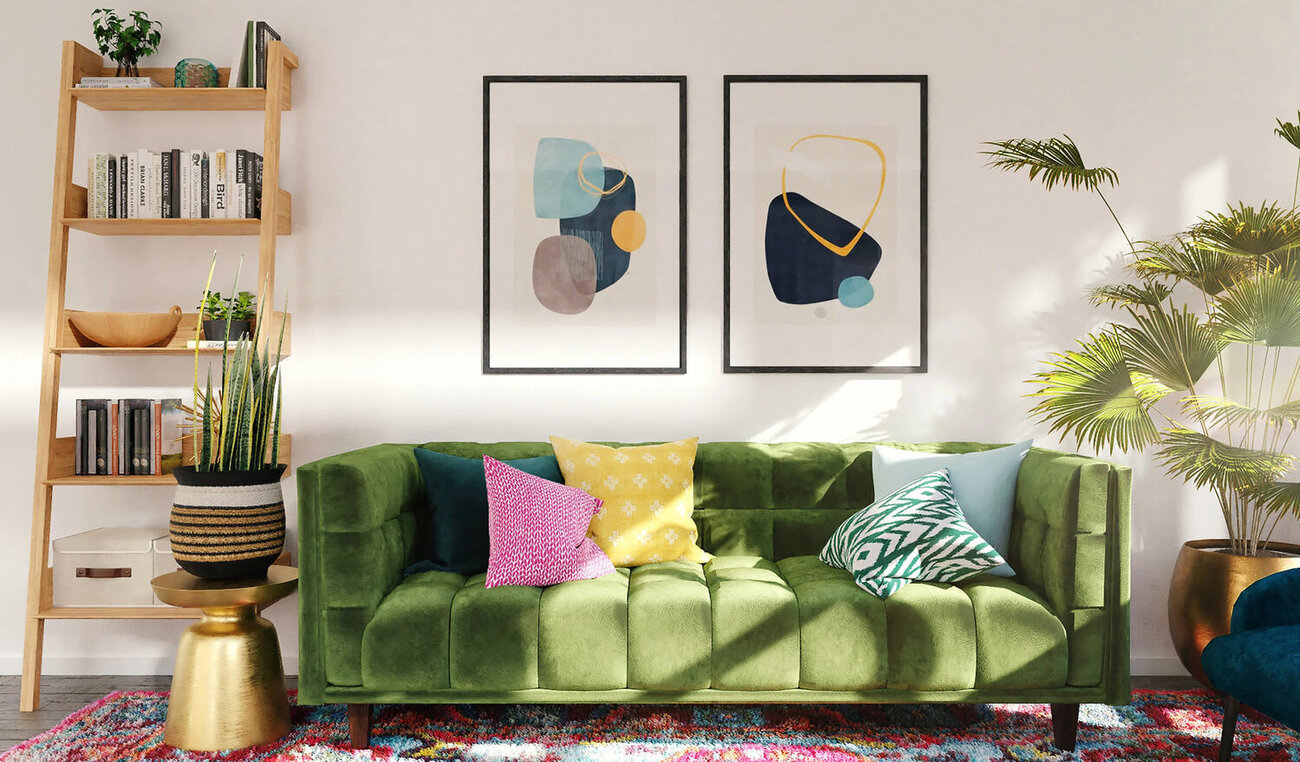
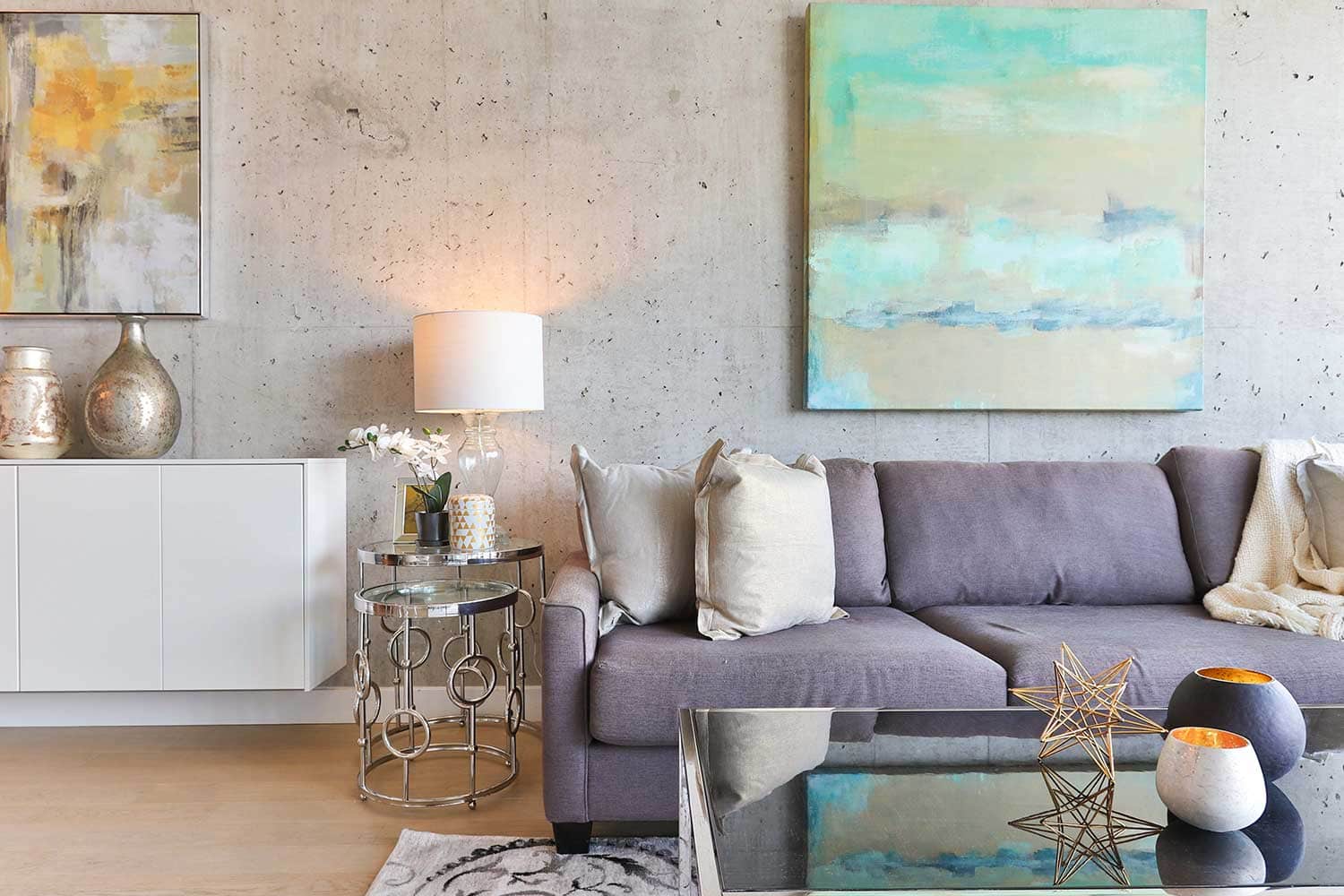

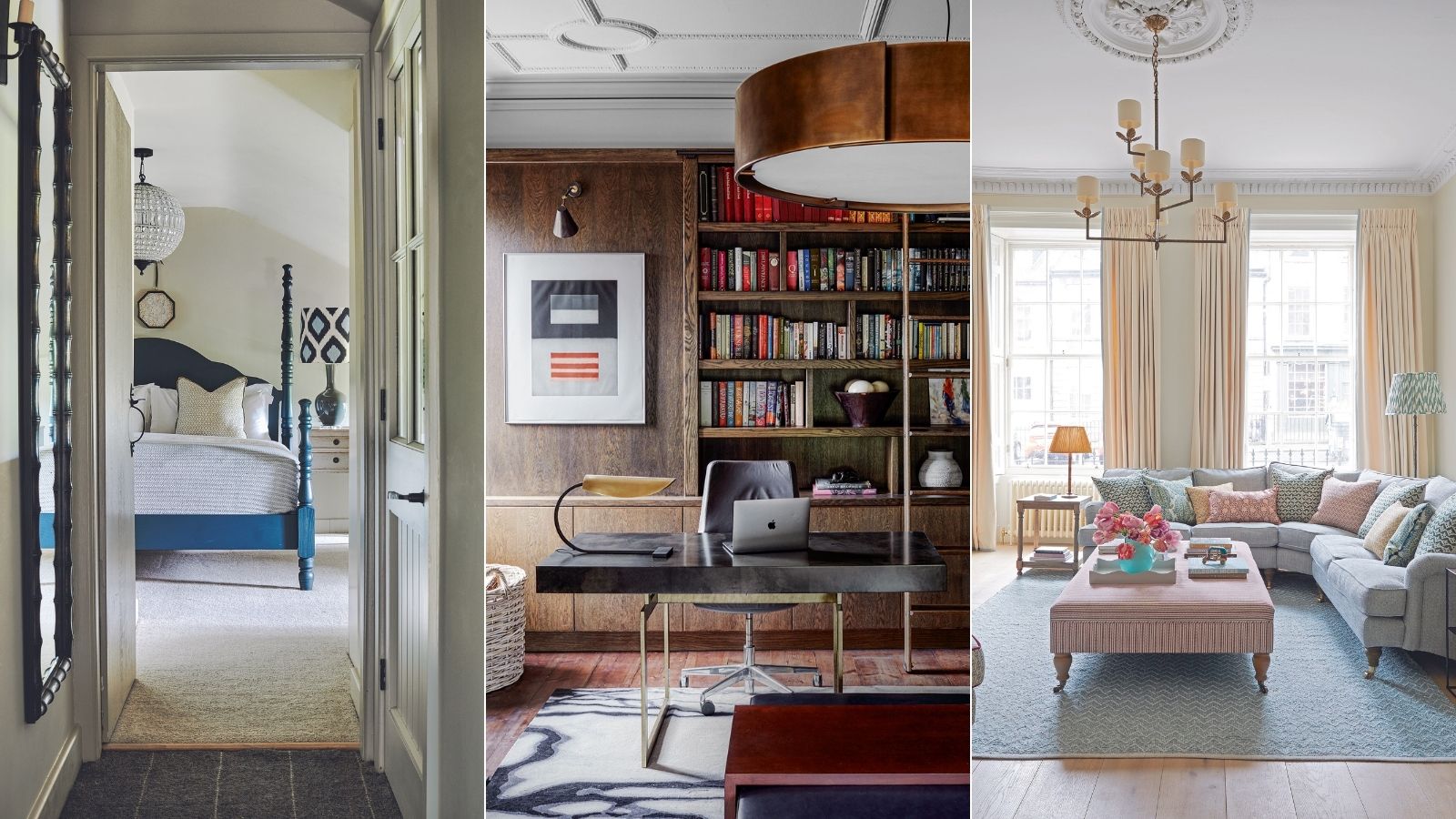



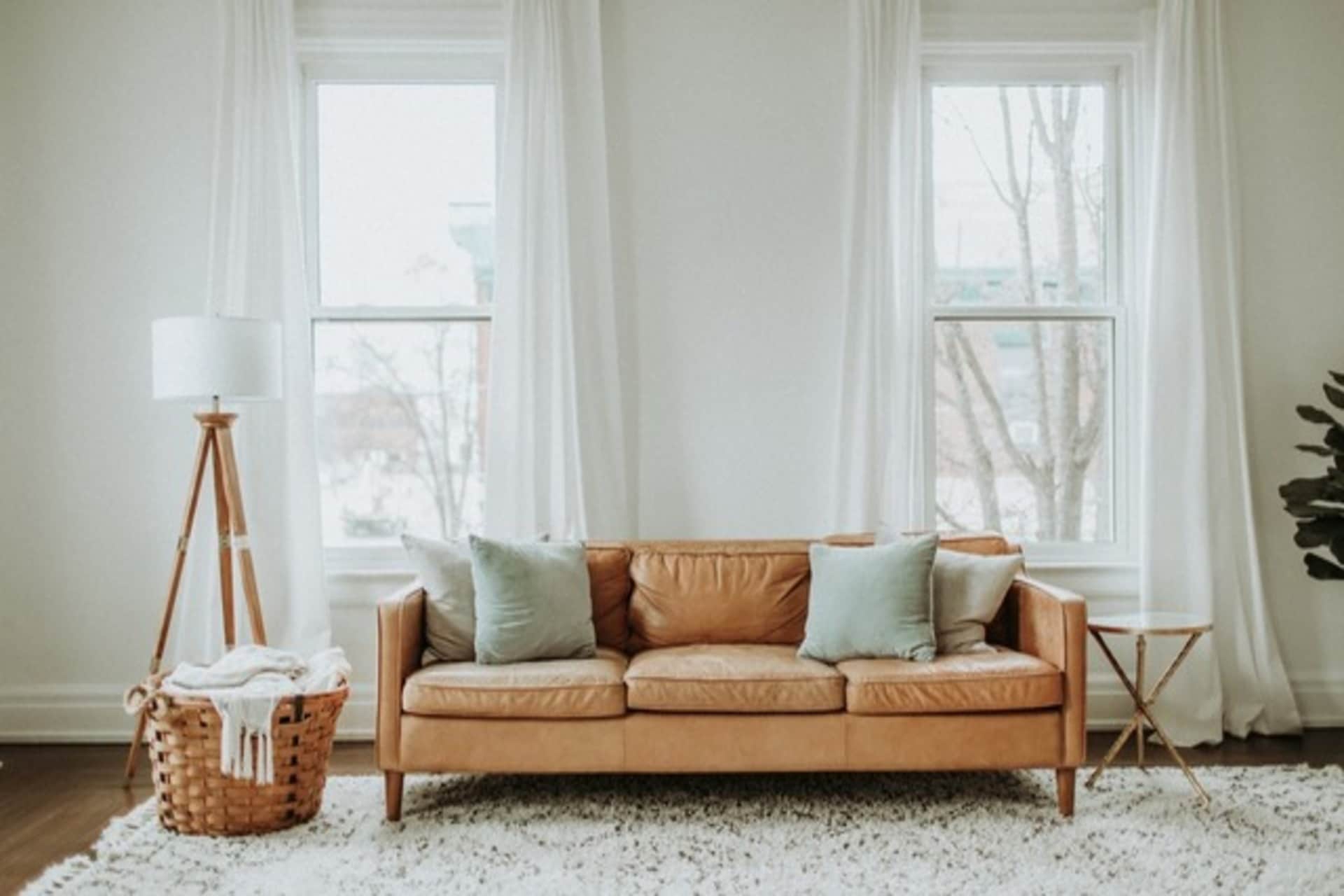
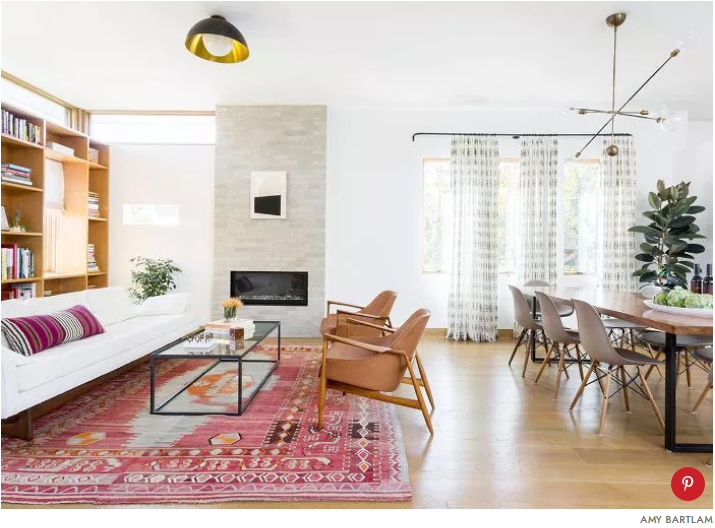


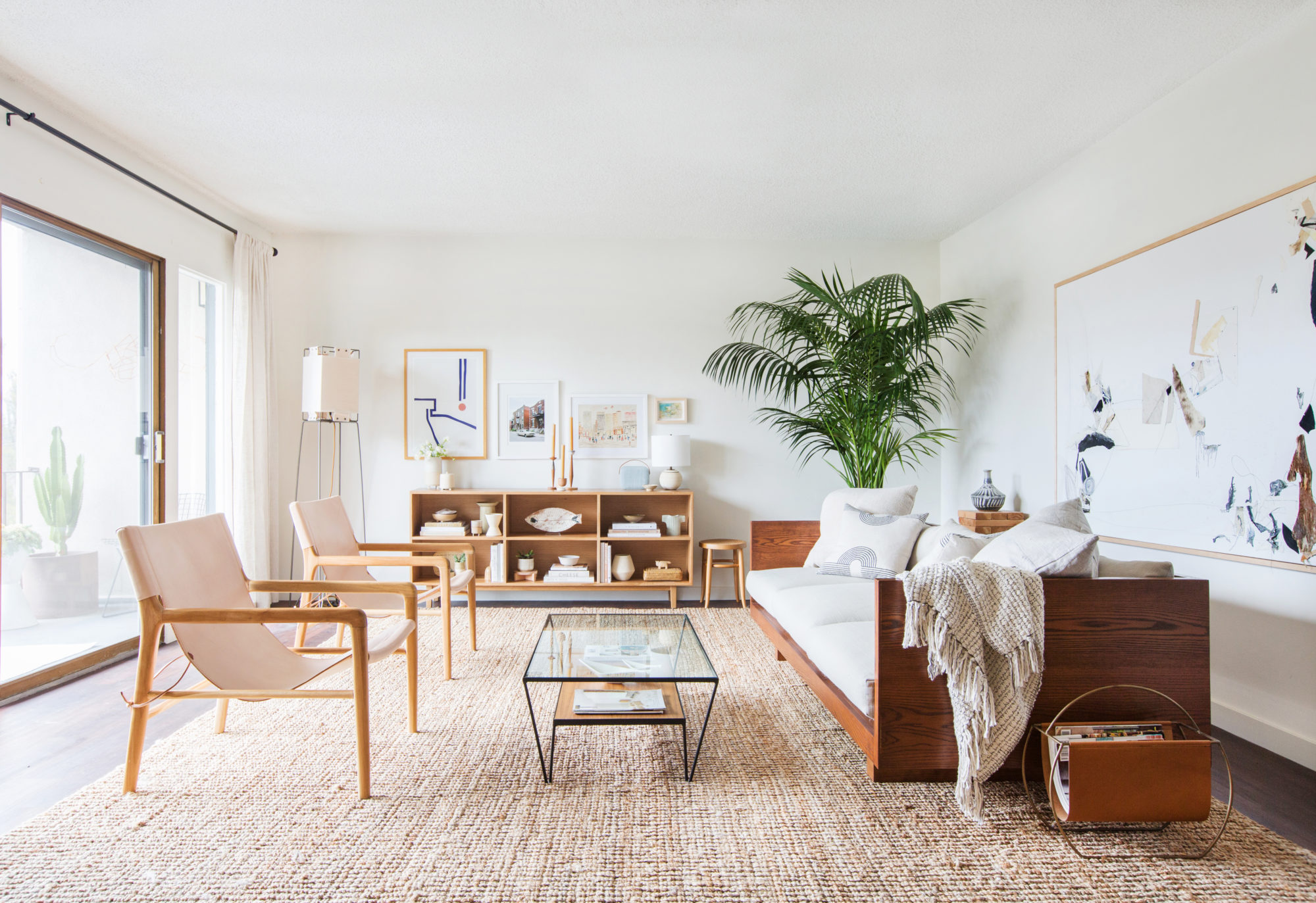
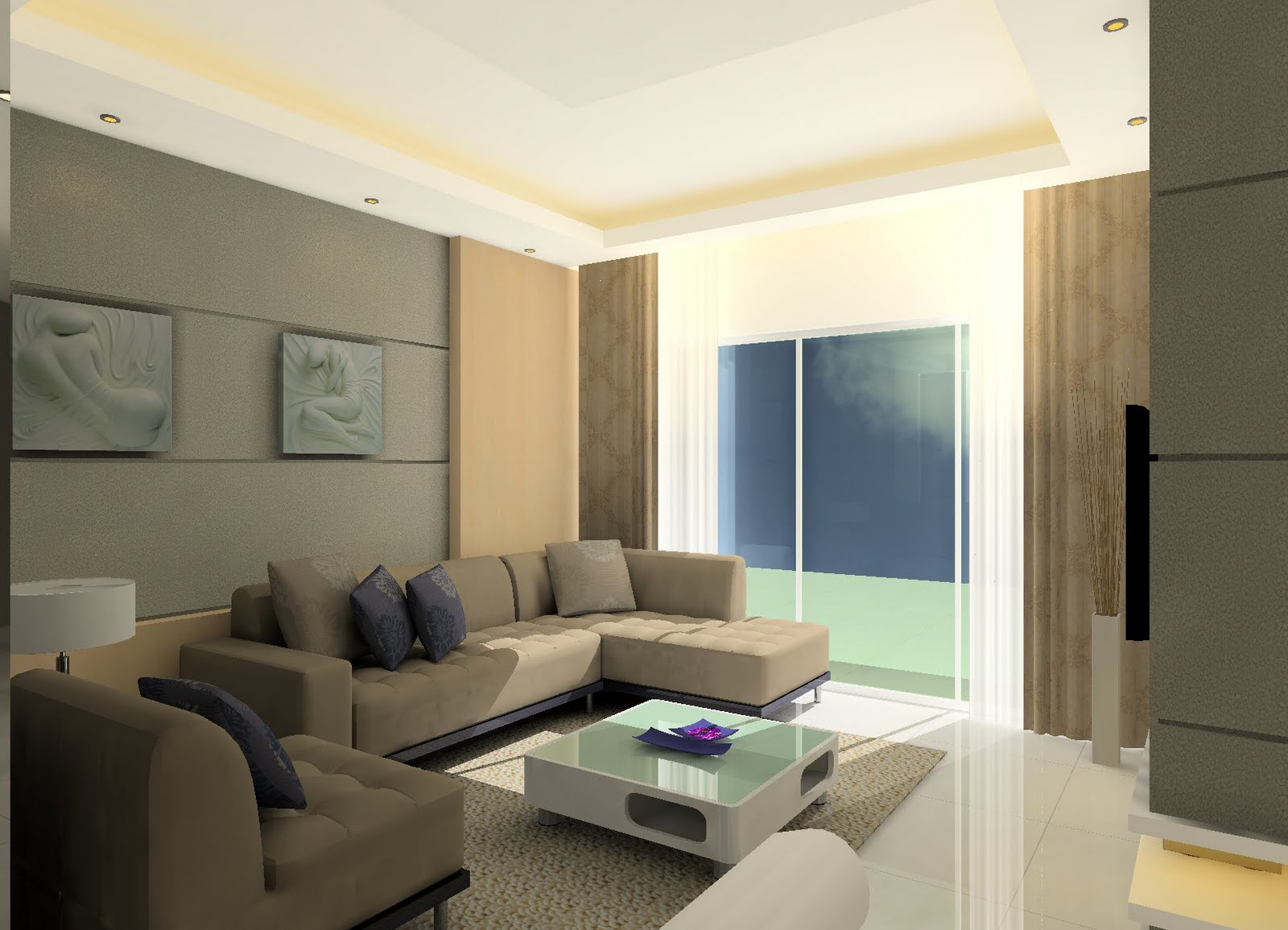


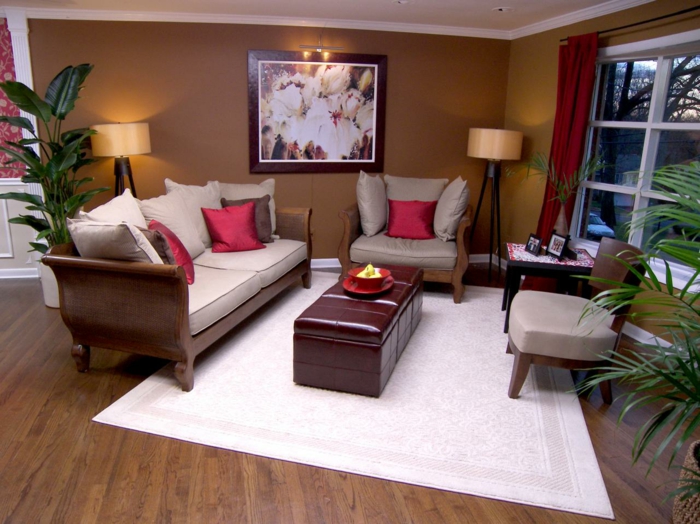


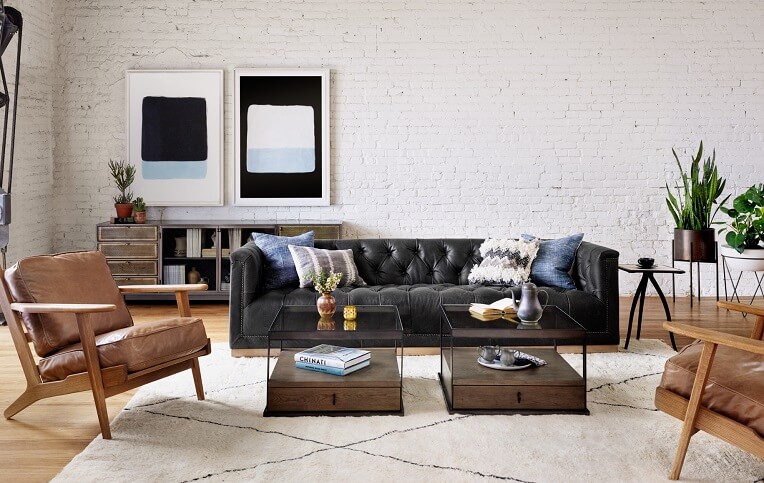
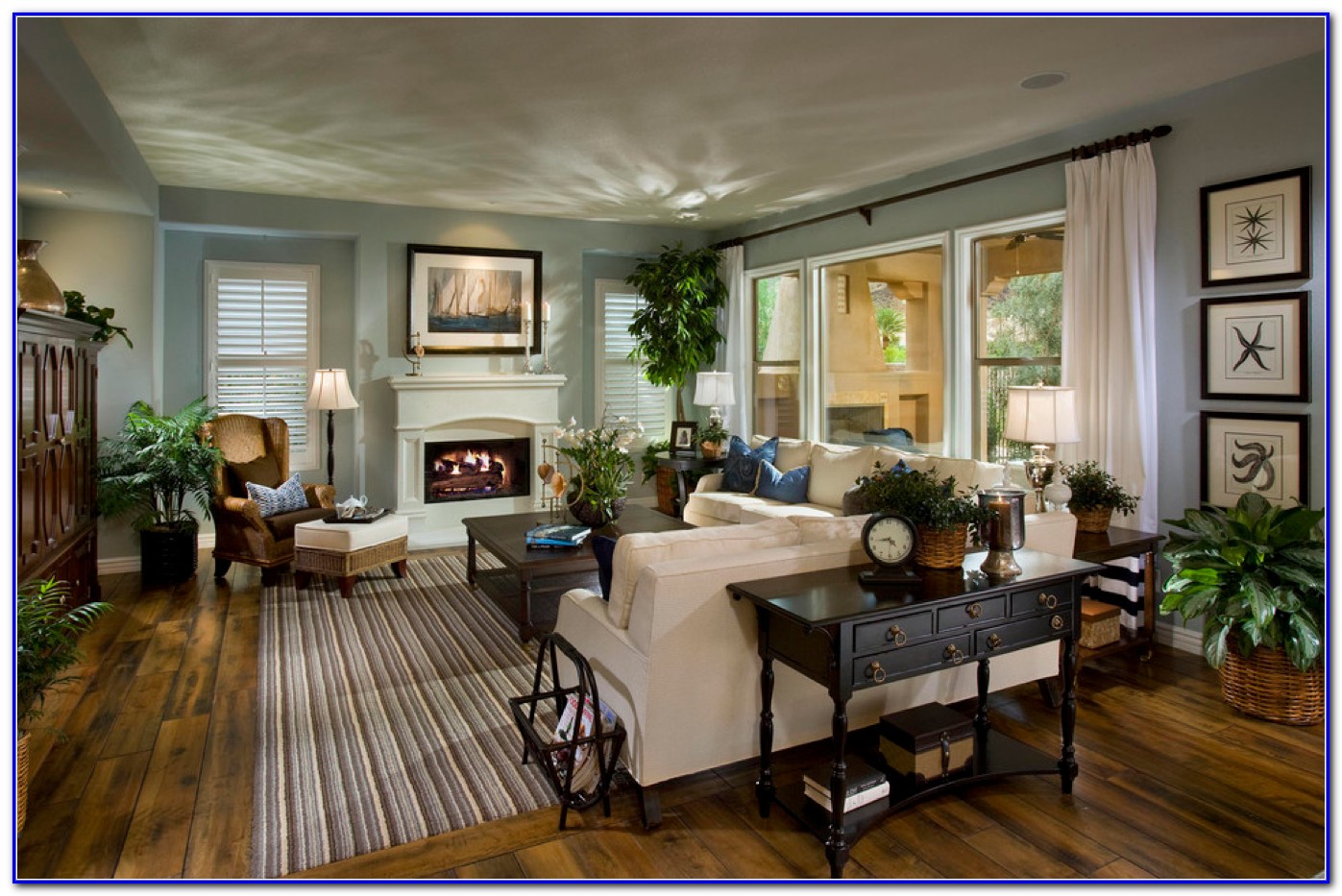
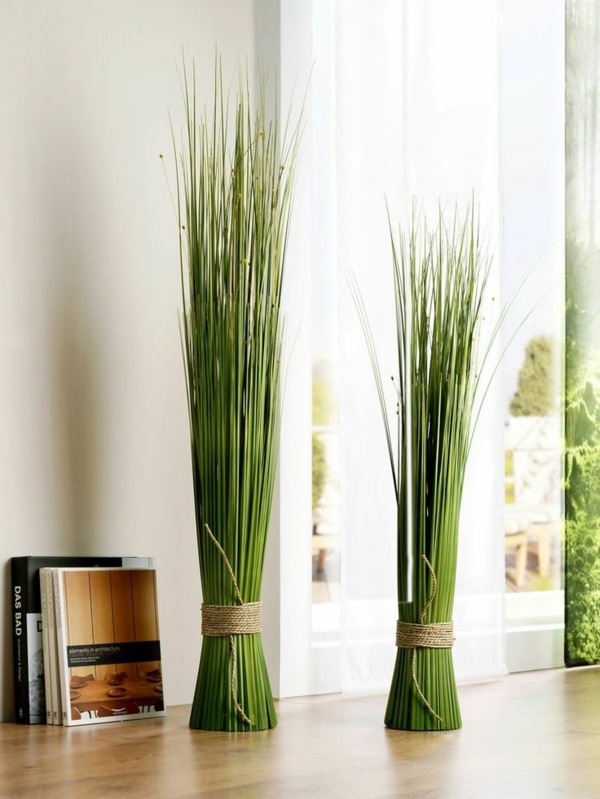
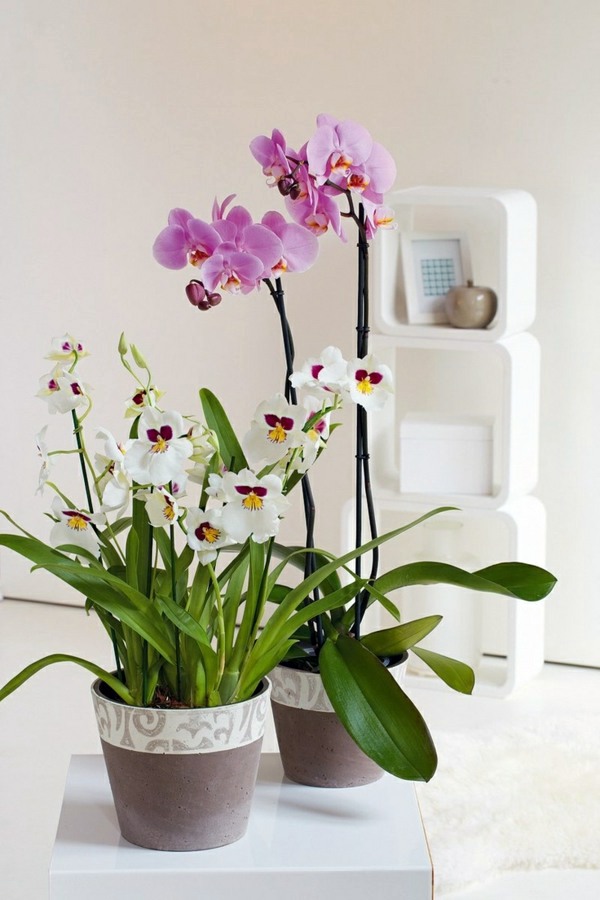
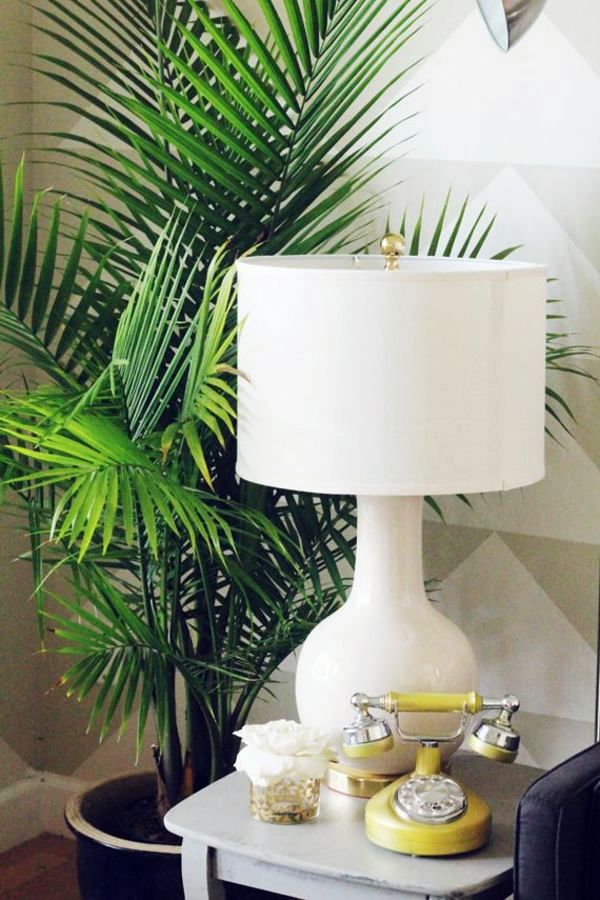



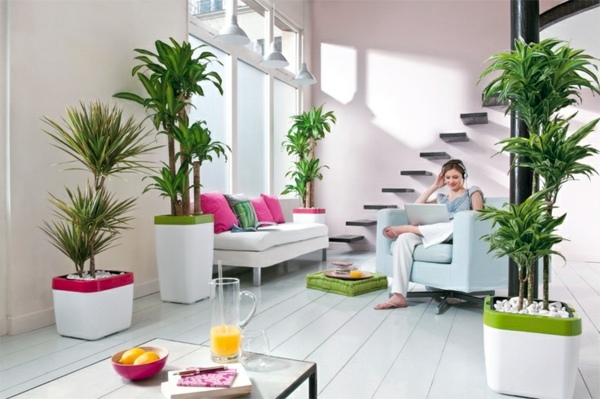

:max_bytes(150000):strip_icc()/good-and-bad-feng-shui-plants-1274740-v3_3-5bb778e74cedfd002635d88c-79b0940e65f14b66b3730ee66660ca14.png)




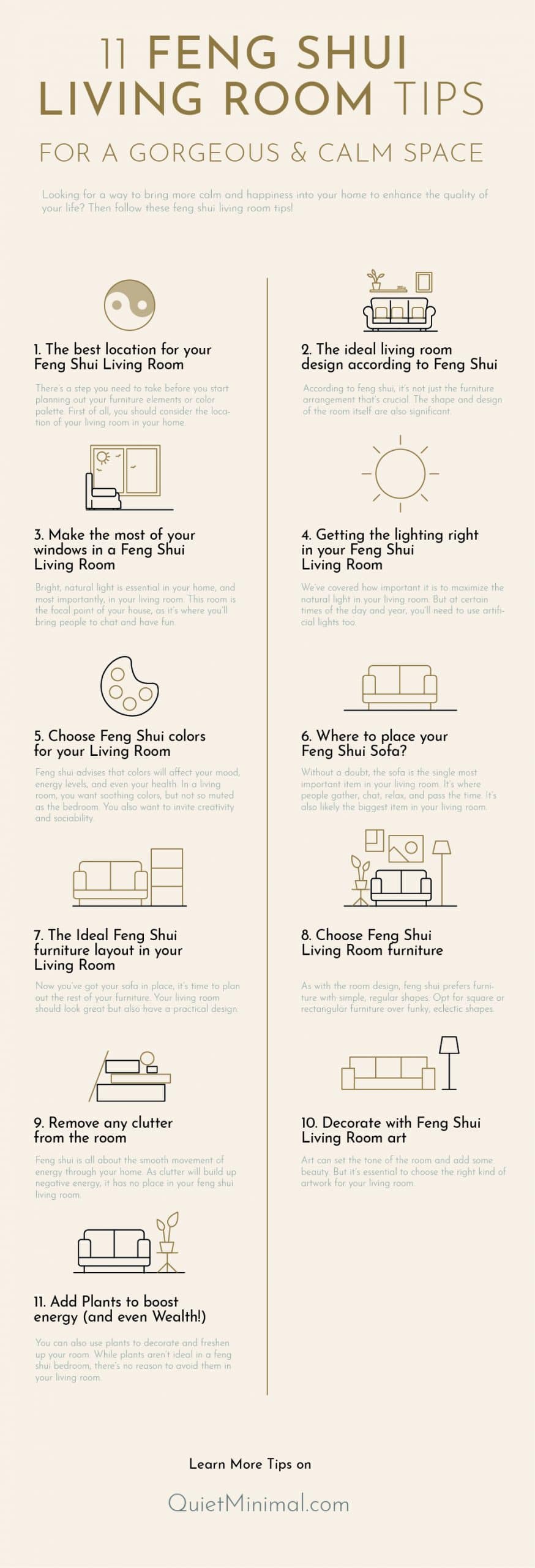
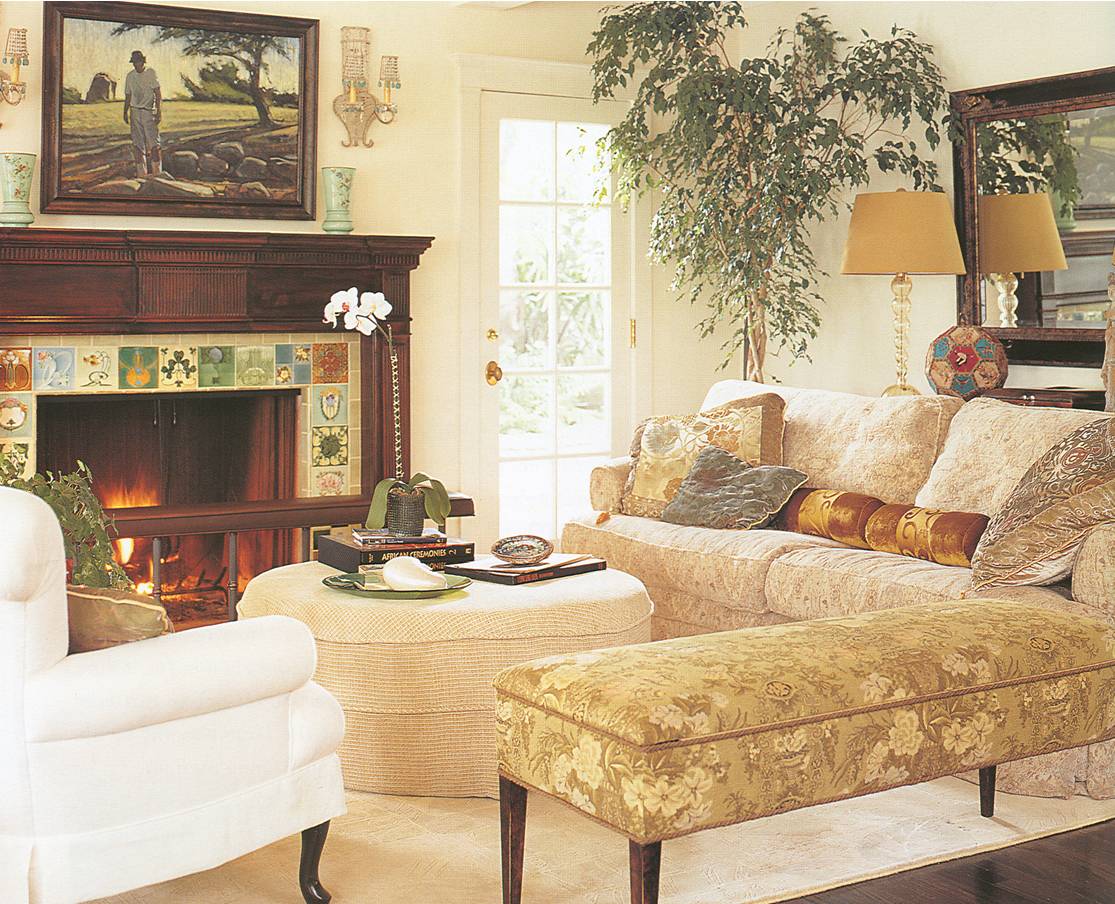

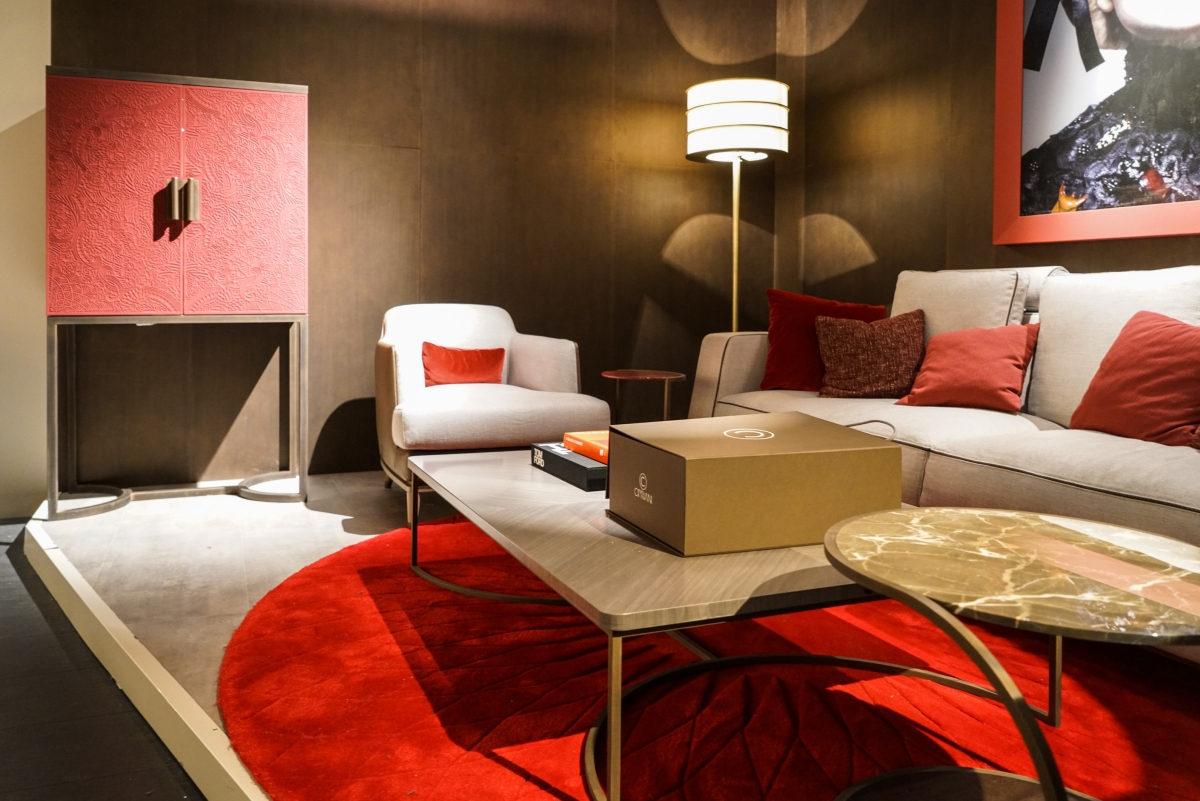
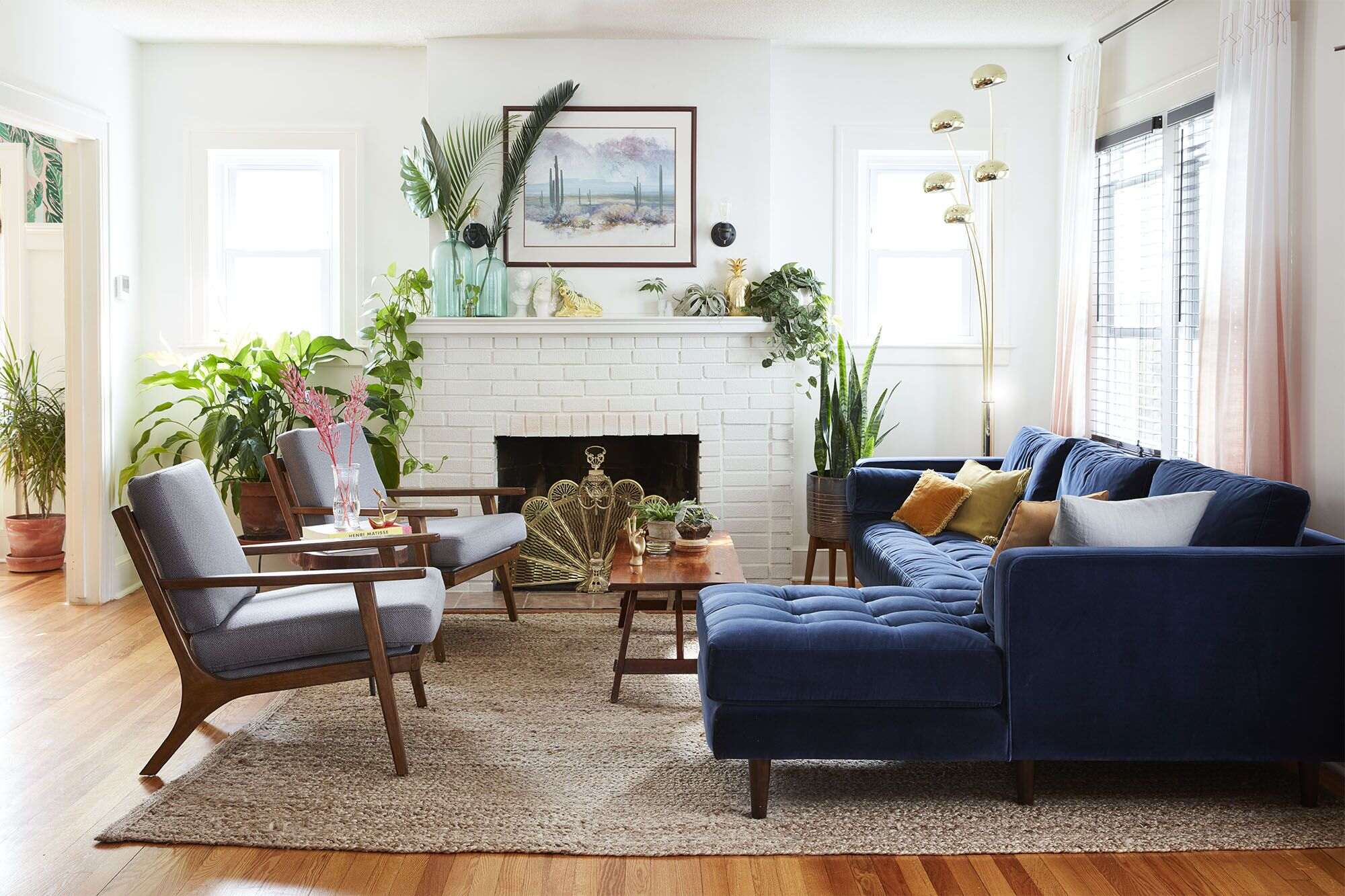
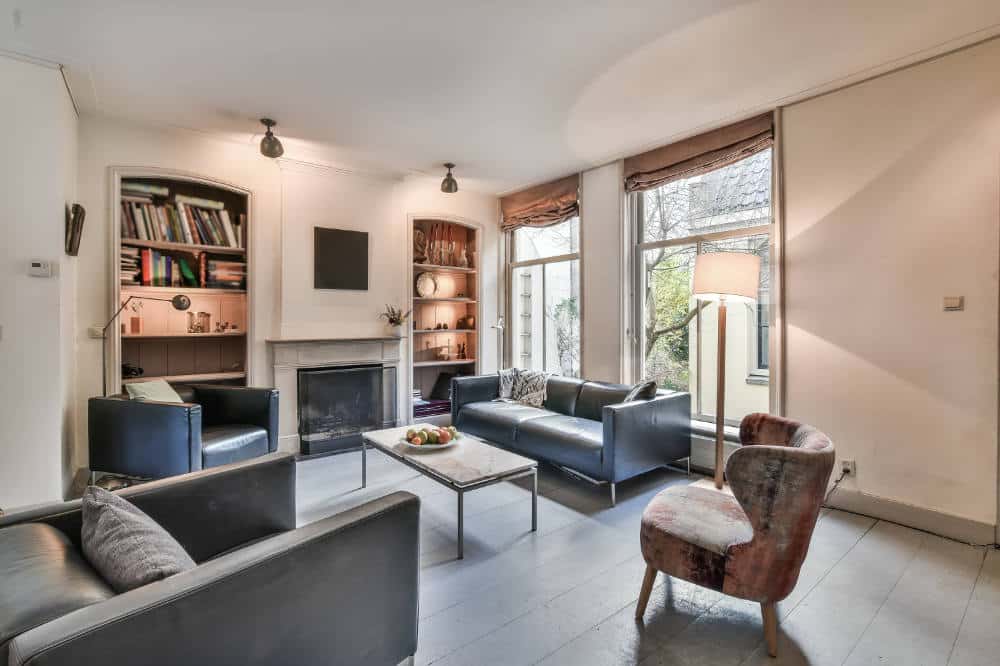

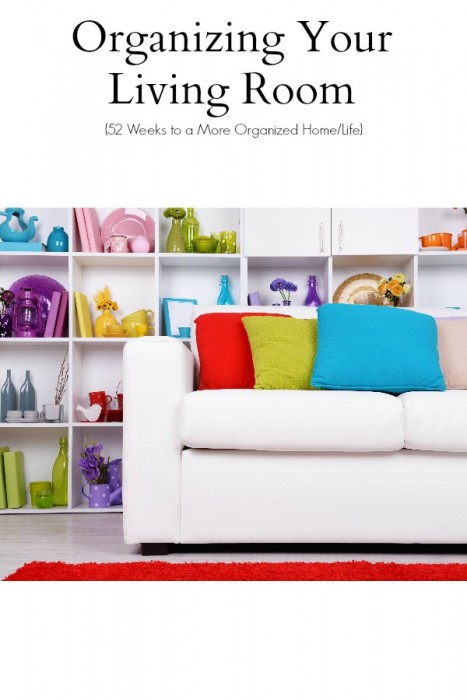

:max_bytes(150000):strip_icc()/tips-for-a-bed-aligned-with-the-door-1274764_V7-a51033100e99493fa59d12f522411548.png)

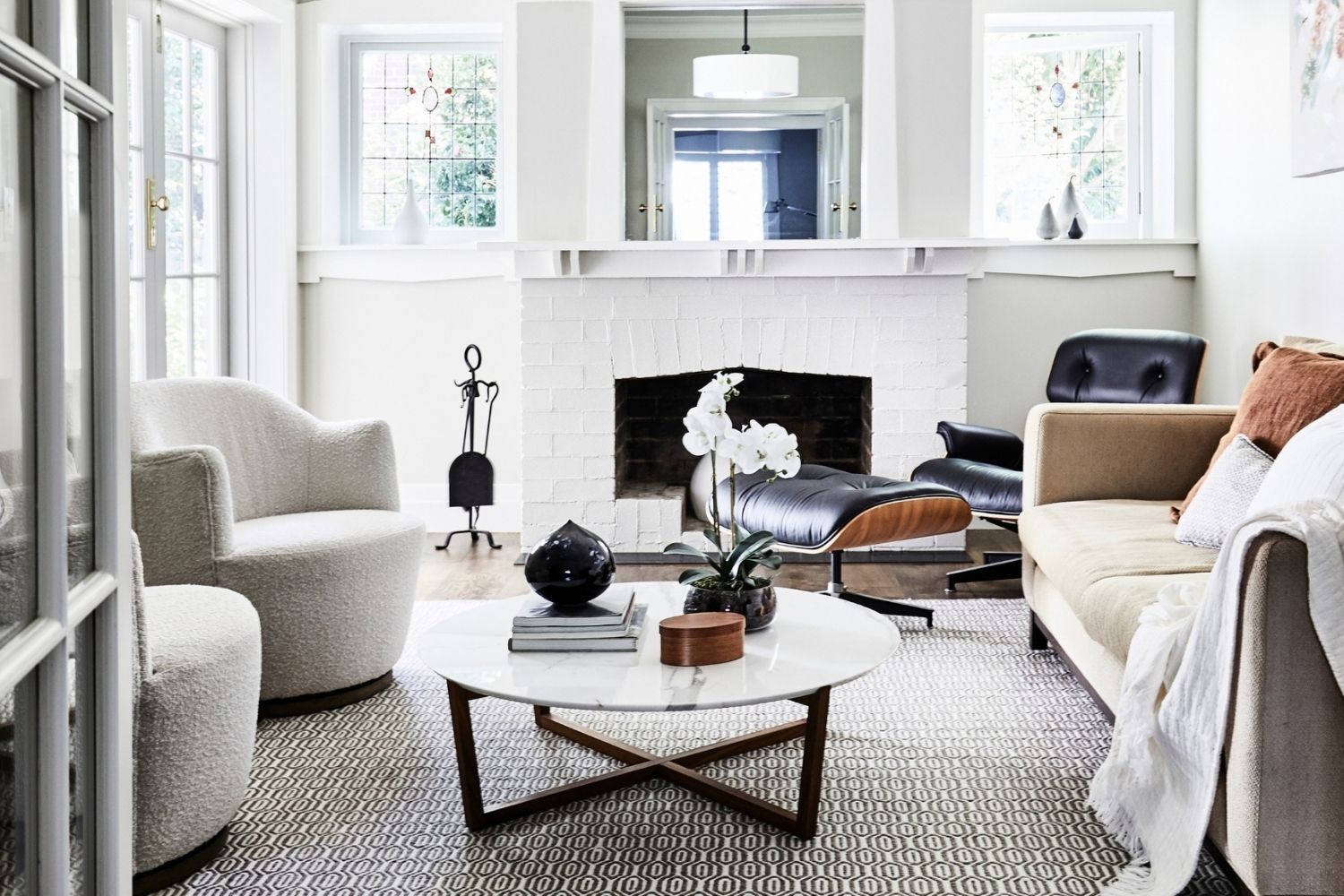
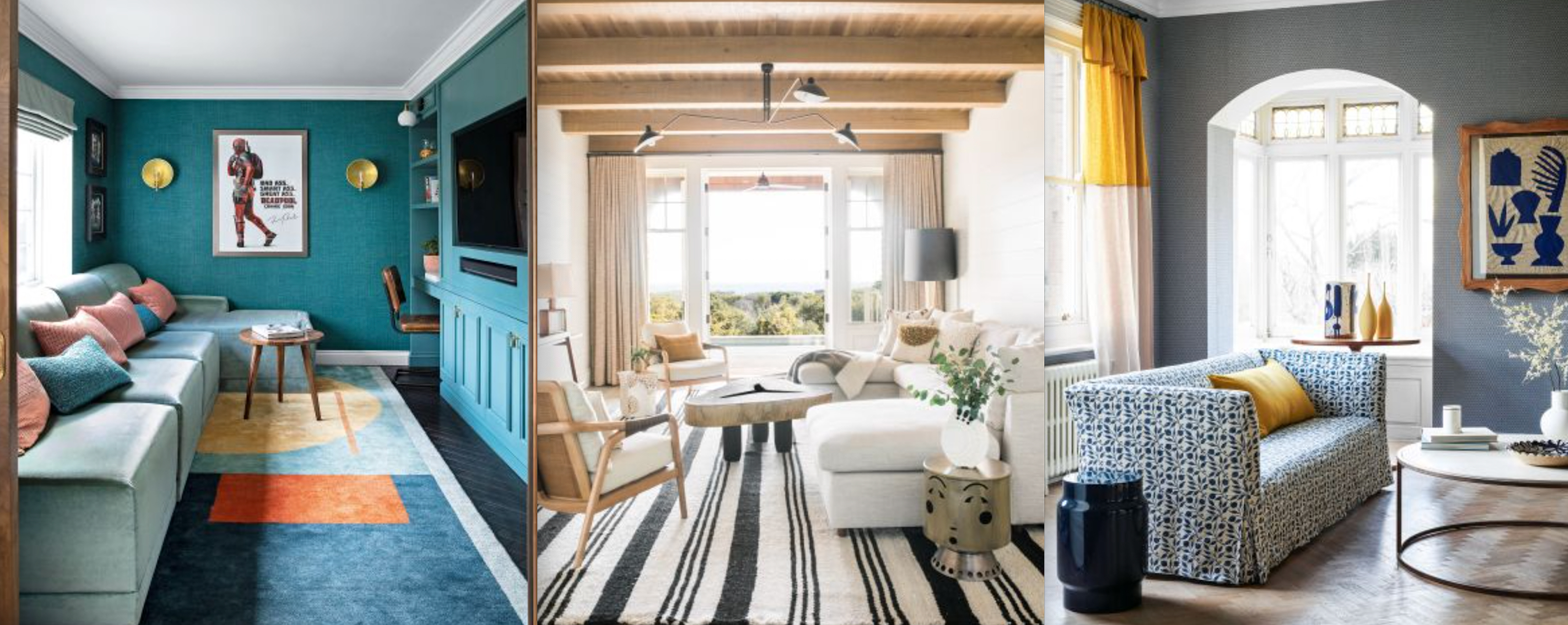





/GettyImages-1030845464-d9bf0a6179ff4601971a1ab963607969.jpg)




